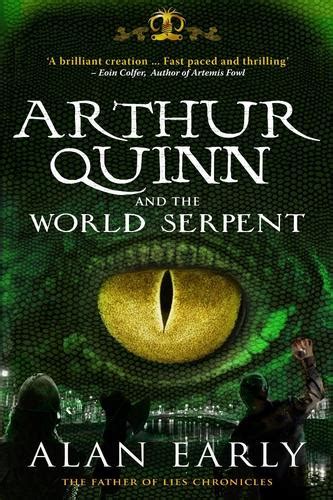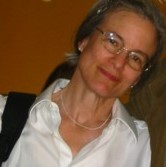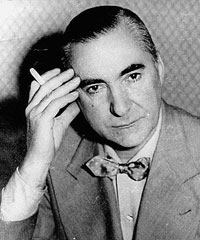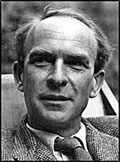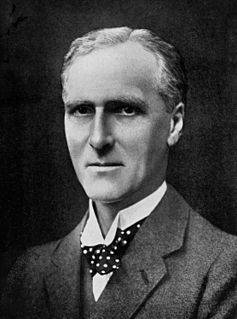A Quote by Arthur Quinn
Language becomes a prison house only poets can escape...if we do not reject any strict distinctions between ordinary usage and figures of speech.
Related Quotes
Today I live on an island, in a house that is sad, hard, severe, that I built for myself, solitary on a sheer rock over the sea: a house that is the spectre, the secret image of prison. The image of my nostalgia. Maybe I never desired, not even then, to escape from jail. Man is not meant to live freely in freedom, but to be free inside a prison.
If a man could understand all the horror of the lives of ordinary people who are turning around in a circle of insignificant interests and insignificant aims, if he could understand what they are losing, he would understand that there can only be one thing that is serious for him - to escape from the general law, to be free. What can be serious for a man in prison who is condemned to death? Only one thing: How to save himself, how to escape: nothing else is serious.
It seems to me obvious that infants and many animals that do not in any ordinary sense have a language or perform speech acts nonetheless have Intentional states. Only someone in the grip of a philosophical theory would deny that small babies can literally be said to want milk and that dogs want to be let out or believe that their master is at the door.
Prison is quite literally a ghetto in the most classic sense of the word, a place where the U.S. government now puts not only the dangerous but also the inconvenient—people who are mentally ill, people who are addicts, people who are poor and uneducated and unskilled. Meanwhile the ghetto in the outside world is a prison as well, and a much more difficult one to escape from than this correctional compound. In fact, there is basically a revolving door between our urban and rural ghettos and the formal ghetto of our prison system.
Translation is a kind of transubstantiation; one poem becomes another. You can choose your philosophy of translation just as you choose how to live: the free adaptation that sacrifices detail to meaning, the strict crib that sacrifices meaning to exactitude. The poet moves from life to language, the translator moves from language to life; both, like the immigrant, try to identify the invisible, what's between the lines, the mysterious implications.
All people seem to be divided into'ordinary'and 'extraordinary'. The ordinary people must lead a life of strict obedience and have no right to transgress the law because?theyare ordinary.Whereas the extraordinary people have the right to commit any crime they like and transgress the law in any way just because they happen to be extraordinary.
